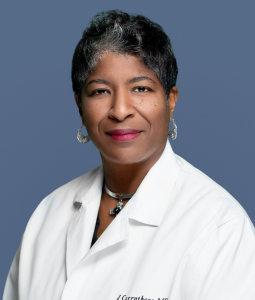
Mental health struggles are common, yet many people refuse to acknowledge these battles. Stigma and misunderstanding often prevent people from seeking help. The African American community faces unique challenges in addressing mental health concerns, stemming from both historical and cultural factors.
African Americans are often reluctant to seek help for mental health issues due to a deep-seated belief that mental illness is a sign of weakness.[1] As a result, many African Americans feel ashamed or embarrassed to admit they are struggling with mental health problems.2
Religious and spiritual beliefs also play a significant role in shaping attitudes toward mental health in the Black community. Some African Americans consider mental health a taboo subject and believe that mental illness can be cured through prayer or faith. This reluctance to acknowledge mental illness as a valid health concern reflects a tendency within the Black church for members to seek the comfort and guidance of their faith leader. 3
There are a number of ways to combat stigma and promote mental health awareness in the Black community:
- Educate people about mental health conditions and the importance of seeking help.
- Destigmatize mental illness by talking openly about it and removing the shame associated with it.
- Provide access to mental health services for African Americans, who often face barriers to care such as cost, transportation and lack of culturally competent providers.

It is important to be aware of the signs of depression, as early detection and treatment can lead to better outcomes. Some of the signs of depression include:
- Feeling sad, upset, or crying more than usual
- Restlessness, uneasiness, or irritability
- Feeling guilty, worthless, or self-critical
- Feeling empty or numb
- Isolating oneself from others
- Losing interest in things that used to bring pleasure
- Feeling easily angered or frustrated
- Having difficulty concentrating or making decisions
- Having thoughts of suicide or self-harm
If you are experiencing any of these symptoms, it is important to seek help from a mental health professional.
The 988 suicide hotline is a free, confidential service that provides emotional support to people in crisis available 24 hours a day, 7 days a week.
Mental health is just as important as physical health, and it is important to seek help if you are struggling with mental health problems. There are a number of resources available to African Americans who are struggling with mental health issues, and there is no shame in asking for help.
Sources:
1 Black Mental Health: A Story of Resistance | RTI Health Advance
2 African Americans | NAMI: National Alliance on Mental Illness
3 The Role of the Church in Improving Mental Wellness in the African American Community (afsp.org)


